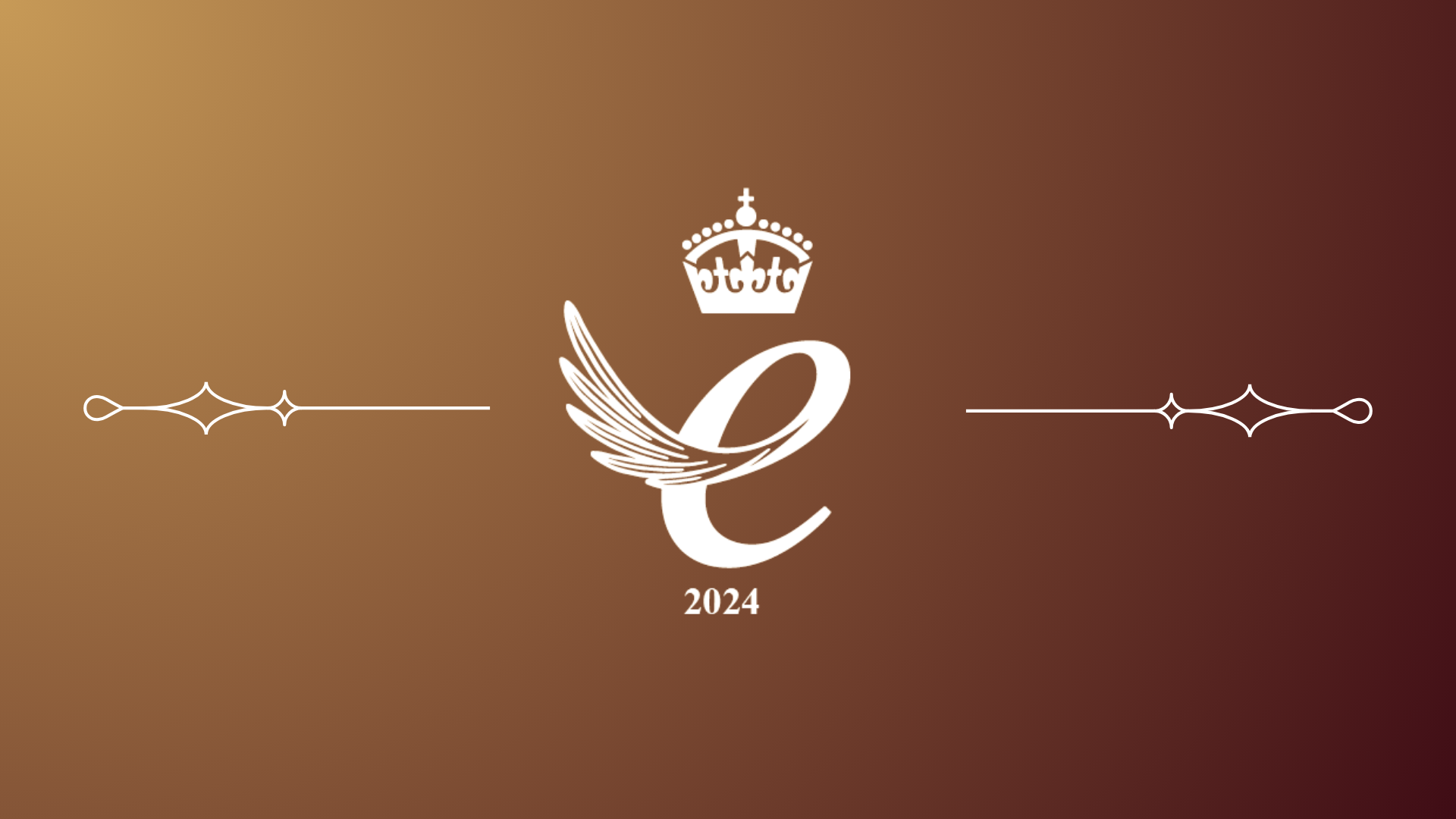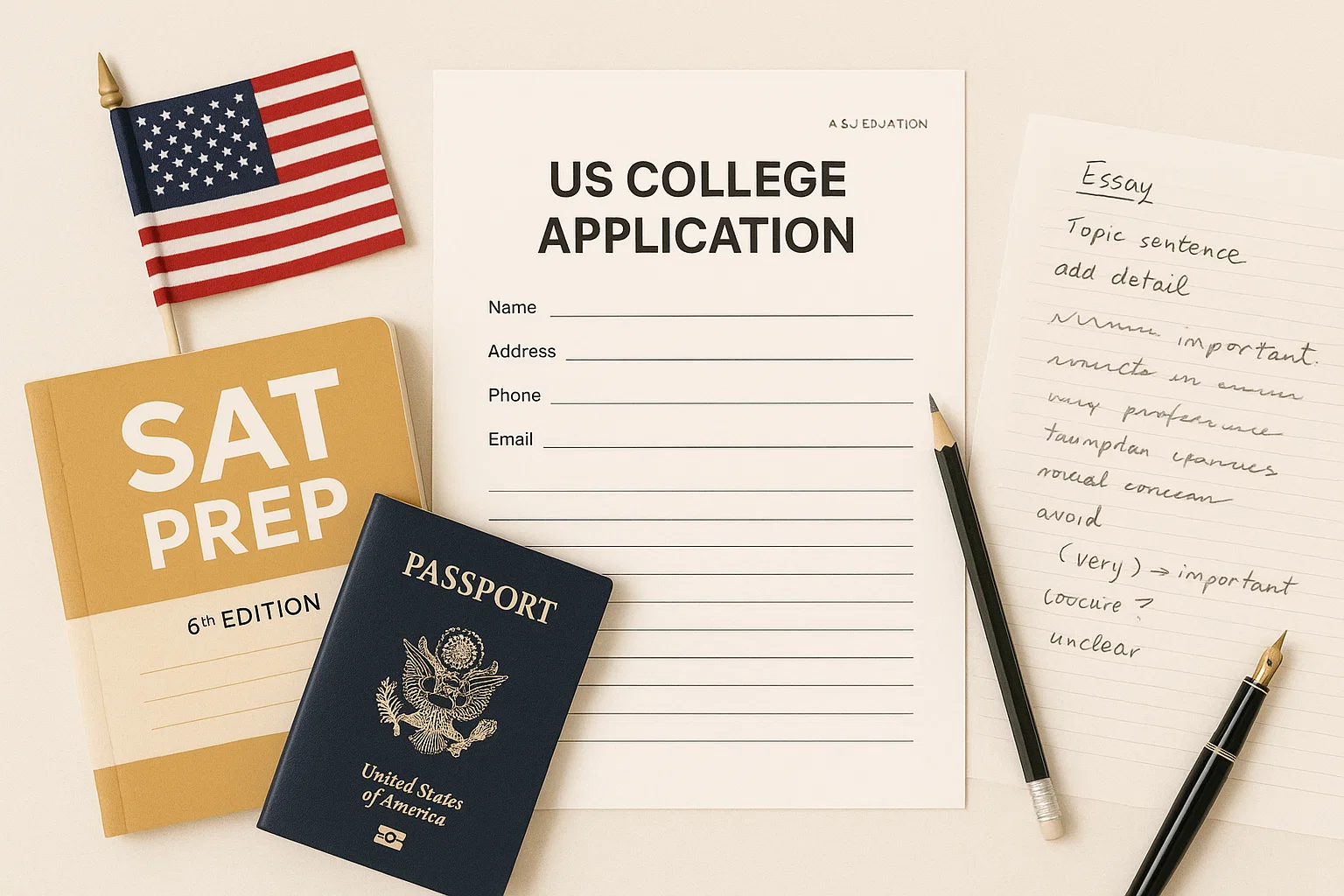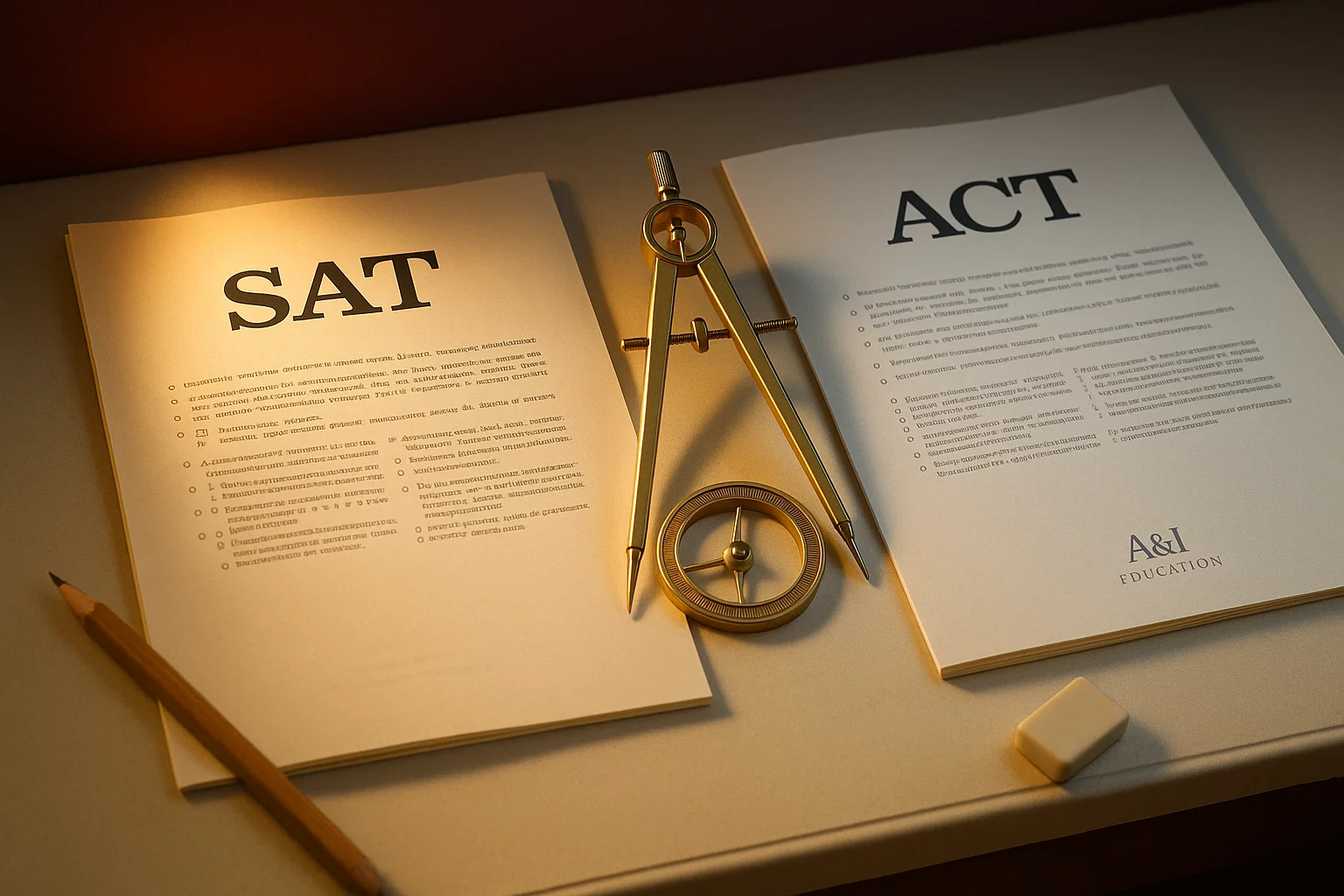
Tips for University Interviews in the UK
Preparing for a UK university undergraduate interview, particularly for highly competitive institutions like Oxford and Cambridge, involves a blend of academic preparation, self-reflection, and practical rehearsal. The interview is a critical component of the admissions process, designed to assess your academic potential and suitability for the course and the university's teaching style.

Understanding the Interview Purpose and Format
Interviews are used by universities to gain a deeper insight into your abilities and interests beyond your application form. For Oxbridge, the interview is distinct from a job interview or an oral exam; it's more like a short academic tutorial or a conversation about your chosen subject with an expert.
Key aspects to understand:
- Assessment of Thinking, Not Just Knowledge: Interviewers are primarily interested in how you think, your reasoning process, and how you engage with new ideas, rather than just what you know. They look for your ability to apply logic and reason to unfamiliar problems.
- Holistic Assessment: The interview is one part of a holistic admissions process, which also considers examination records, personal statements, and school references.
- Teachability: For subjects like Natural Sciences, Engineering, or Mathematics, interviewers assess how "teachable" you are – your interest in the material, and your ability to take an idea and develop it, even if new.
- Motivation and Suitability: Universities want to gauge your commitment to the course, your enthusiasm for the subject, and whether you are a good fit for their teaching environment.
- Types of Questions: You can expect open-ended academic questions, prompt-based questions (using images, graphs, or text), scenario-based questions (common in PPE and Law), and quantitative or spatial reasoning questions (common in STEM fields). You may also be asked about your personal statement or any submitted written work.
- Number and Scheduling: You might have one, two, or three interviews, potentially with different colleges. Interview invitations are typically sent in November, with interviews usually held in December. You might receive as little as a week's notice.
- Online Format: Many interviews are now conducted online, often using platforms like Microsoft Teams. Ensure you have reliable access to technology and a quiet, distraction-free space. Some subjects may require additional tools like a virtual whiteboard (Miro) or a touchscreen device with a stylus.
- International Students: For international applicants, an interview might also check your English proficiency and confirm your genuine intention to complete the course, rather than seeking employment in the UK.
Who Requires Interviews?
Not all UK universities or courses require an interview.
- Highly Selective Universities: Prestigious universities, especially Oxford and Cambridge, interview almost all shortlisted applicants.
- Professional and Vocational Courses: Interviews are common for subjects like Medicine, Dentistry, Nursing, Education, and Social Work.
- Creative and Talent-Based Degrees: Courses in Fine Art, Music, Dance, and Drama often require auditions or portfolio reviews in addition to or as part of an interview.
Some institutions, like the Russel Group universities, do not interview applicants for any of their programmes. It is always advisable to check the specific course page for clarity on interview requirements.
Since 2020, many interviews are held virtually (Microsoft Teams, Zoom, or proprietary platforms). You may need access to a webcam, touchscreen or stylus, and a virtual whiteboard like Miro. A quiet, well-lit environment with a strong internet is essential.
.png)
How to Prepare for Your Interview
Preparation should focus on demonstrating your intellectual curiosity, analytical skills, and enthusiasm for your chosen subject.
1. Revising Your Personal Statement and Academic Interests:
- Re-read and Master Your Personal Statement: Be prepared to discuss any points or ideas mentioned in depth. Interviewers may refer to it or any written work you submitted.
- Foundational Knowledge: Revise core concepts, theories, formulas, and frameworks from your current coursework relevant to your chosen programme.
- Articulate Interests and Perspectives: Be ready to explain why you chose the subject and university, and provide insights into your own critical perspectives.
2. Academic Enrichment ("Reading Around Your Field"):
- Explore Beyond the Syllabus: Engage with contemporary thinkers, articles, books, lectures, or webinars related to your major.
- First-Year Content: Look at the first-year course content for your prospective programme to get a sense of important topics.
- Faculty Research: Research the interests and perspectives of faculty members in your prospective programme.
- Oxplore and HE+: Utilize resources like Oxford's "Oxplore" and the "HE+" website to develop critical thinking skills through broad, open-ended questions and subject resources.
3. Mental Conditioning and Critical Thinking Practice:
- Practice with Sample Questions: Use sample questions to sharpen your problem-solving, reasoning, and analysis skills.
- Consider the Purpose: Think about what skills and knowledge each question aims to assess.
- Verbalize Your Thought Process: Practice explaining your reasoning out loud. This helps interviewers understand how you think, even if you don't immediately know the "right" answer.
- Break Down Complex Questions: Practice breaking multi-step problems or open-ended questions into manageable chunks and articulating your approach logically.
- Intellectual Agility: Practice pivoting or correcting yourself if you find a logical contradiction or a better approach.
- Watch Demonstration Interview Videos: These videos show authentic Oxbridge interviews with real interviewers and candidates, offering insights into question formats and effective responses. Stop and start them to formulate your own answers and compare them.
4. Rehearsing (Mock Interviews):
- Practice with Others: Rehearse with friends, teachers, or academic coaches to get comfortable verbalizing your thoughts and discussing your application.
- Mock Interviews: Participate in realistic mock interviews, ideally with feedback from rubrics or video recordings, to identify strengths and weaknesses. Crimson Education offers specialized coaching and mock interview services for Oxbridge.
- Types of interview questions include: Conceptual or open-ended academic questions. Scenario-based questions (e.g. Law, PPE). Quantitative or diagram-based problems (STEM). Textual or analytical prompts (Humanities). Questions on your personal statement or submitted work.



Tips for Interview Day
- Be Prepared Logistically:
- Location: For online interviews, choose a quiet space free from distractions with reliable internet access.
- Technology: Test your computer, microphone, speakers, and webcam in advance. If using Miro, create an account and practice beforehand.
- Materials: Have a pen, paper for notes, and a copy of your personal statement or submitted work handy.
- Pre-reading: If sent any pre-reading, ensure you have reviewed it carefully.
- Present Your Best Self:
- Dress Comfortably and Presentably: Choose smart-casual attire. Comfort is key to performing well.
- Body Language: Sit up straight, maintain eye contact, and look alert. Avoid slouching, yawning, or folding your arms.
- Stay Calm: Practice deep breathing to manage nerves. Interviewers understand nervousness and will try to put you at ease.
- Engage Actively: Listen carefully to questions and don't be afraid to ask for clarification or for a question to be repeated/rephrased if you don't understand. Keep the dialogue going.
- Don't Panic if You Don't Know the Answer: It's common for questions to be outside your prior knowledge. The interviewers want to see your thought process, not just a correct answer. Work through the problem aloud, and be open to hints and suggestions from the interviewer.
- Asking Questions: You may be given an opportunity to ask questions at the end, but it is not part of the assessment, so don't feel obligated to ask one if you don't have any. If you do ask, make them smart and interesting, showing your genuine interest in the course or university.

Important Considerations
- Extenuating Circumstances: If you are ill or experience other circumstances that affect your interview performance, inform the college as soon as possible.
- Code of Conduct: You will agree not to share interview content, research materials online (unless permitted), use assistive technology (including AI), record interviews, or allow others to impersonate you or observe. Breaching this can lead to offer withdrawal.
- Reallocation: For Oxbridge, you might be invited to interview by a college you didn't initially apply to, as part of a reallocation process to ensure fair chances for all shortlisted candidates.
- Post-Interview Reflection: After the interview, make notes of questions and answers to reflect on what went well and what could be improved for future interviews.
Being invited to an interview is a significant achievement in itself. It reflects your academic promise and the strength of your application. At this stage, success depends not on perfection, but on your ability to think clearly, stay composed, and engage with ideas in an open and curious way. Remember that interviewers are not seeking the finished product — they are looking for potential.
Approach the interview as a conversation, not a performance. Be prepared, be thoughtful, and most importantly, be yourself. With careful preparation and the right mindset, the interview can become not only a hurdle to overcome, but a valuable experience in its own right — one that deepens your understanding and strengthens your confidence as a future undergraduate.
.png)
At A&J, we offer tailored mock interviews, subject-specific coaching, and strategic preparation designed to help you perform at your best. Whether you’re applying to Oxford, Cambridge, or another top UK university, our team is here to guide you every step of the way.





















.png)

